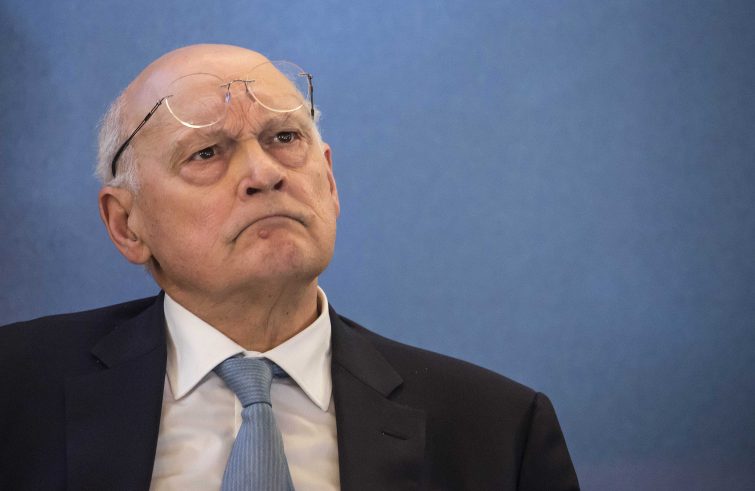
(from Taranto) “The Catholic world is continually experiencing a condition of subordination and self-delegitimisation with respect to so-called secular thought. However, on such important issues the Italian Church is not subservient to lines of thought dictated by others, as this Social Week has clearly testified to”, said the President of the Pontifical Academy of Social Sciences Stefano Zamagni. Contacted by SIR, he provided an overview of the Taranto meeting – where he delivered a widely acclaimed speech – starting with what can be best described as rediscovered pride, the pride of the “Catholic people” meeting in person for the first time after the pandemic with the desire to contribute with “a reflection process” on issues such as the environment, labour, the sustainability of planet Earth and on what was termed “ecclesial ecology”. The starting point is the intention to participate in the public debate with high-profile reflections and provide guidance for the future via bottom-up participatory actions that can also have an impact on macro-politics.
Professor, what is your snapshot of this Social Week?
The Week highlighted a major obligation owed by the civil community to the Catholic world with regard to the ecological transition, which everyone talks about and says should be tackled, without however being fully aware of all the implications that this transition entails. Everyone wants it in words, but no one puts it into practice.
In fact, no one says – and indeed here in Taranto it has been extensively discussed – that the ecological transition comes at a cost: some have benefited greatly from it, while others have been severely damaged by it.
Here in Italy too, some companies will lose out as a result of the ecological transition, while others have increased and will increase their profits considerably. One obvious example is vaccines: five multinationals have made a profit of €1,650 billion globally. If the profits of those who have benefited from the ecological transition exceed a certain threshold, those who bear the brunt of it will team up to halt the process. Just think of the oil workers: decarbonising will cause an uprising of millions of workers worldwide. US President Biden had decided to earmark USD 3.5 trillion for the ecological transition: a few days ago he had to scale it down to USD 1.7 trillion, because those who would lose out protested vehemently.
Can this trend be reversed?
The Pontifical Academy of Social Sciences proposed the creation of an international compensation Fund for ecological transition, whereby those who benefited from the process would contribute part of their earnings to compensate those companies and countries affected by losses. This proposal can also be replicated at national level, although it struggles to be understood: the “popular belief” is that the transition will benefit everyone without distinction.
Both the Pope and Card. Bassetti have asked the Italian Church for “a leap forward”. How can the crisis caused by the pandemic be overcome without leaving anyone behind?
By making a distinction between fragility and vulnerability, which are often mistakenly considered synonymous. Fragility is the condition of those who are unable to provide for themselves at a particular time, and therefore are to be viewed in the context of an emergency situation in the short-term, as we hope is the case with the pandemic. In contrast, vulnerability affects all those who are currently secure, but who could fall into a state of fragility in four, five or ten years’ time, such as young people who can’ t find a job or whose jobs are always precarious.
In Italy we continue to intervene in emergencies, cushioning the blow of our failings, while anti-vulnerability policies are needed, based not on short term but on medium and long term strategies. In other words, responding to emergencies is not enough. It is necessary to progress in the direction of structural policies.
Is this what young people, the protagonists of the Social Week, are calling for?
Young people today have learned to protest with facts, to pressure the ruling class, the political, financial and economic powers. Here in Taranto they asked us to initiate specific actions at local level and made some detailed proposals to kick-start this process in parishes and dioceses. We must not miss this opportunity and encourage it. The Catholic world has hitherto adopted an excessively thought-out approach; it is now time for a forward-looking perspective.










